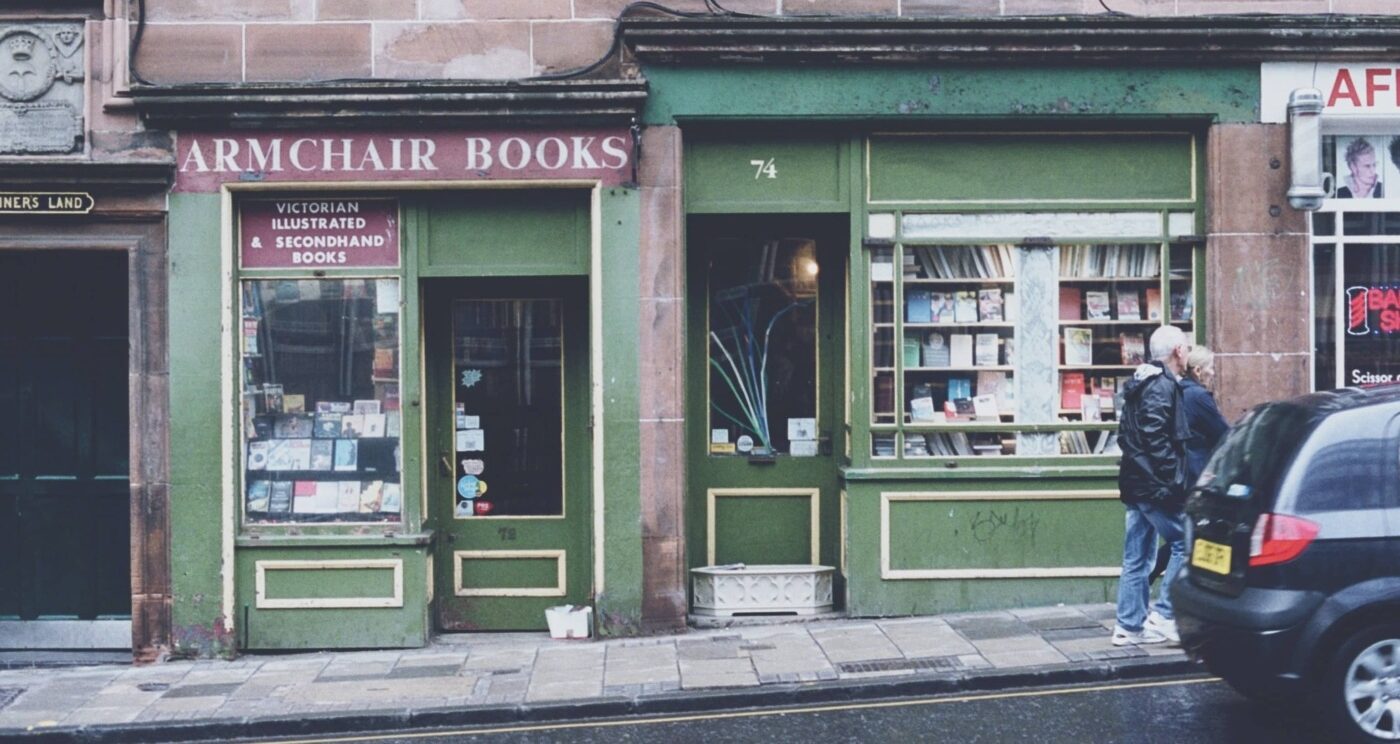Bookshops should have remained open during lockdown
With the recent reinstatement of lockdown in England, many shops deemed ‘non-essential’ have been told to close their doors. Included in this affected category are bookshops, providing the assumption that books are considered to be non-essential items and thus should not be sold anywhere in shops; a logic Wales has adopted in their lockdown policy. And yet, newsagents and supermarkets in England are still allowed to sell books – a seemingly unfair exception in light of the clear repercussions the first lockdown brought on retailers and the economy as a whole.
In a plea to remain open, The Booksellers Association has called on the government to classify bookshops as essential retailers during lockdown, with many arguments put forward shedding light on the problematic decision to let other retailers continue to sell books. Other arguments include the importance of books to the mental health of the nation, in the same way television and films offer a form of escapism in these dull times. As we head into winter, and the nights become gloomier and darker, more people will be reaching for a book to cosy up with, accompanied by a hot beverage. It is the little things like this that temporarily relieve the country from the anxieties and stresses of lockdown while keeping national morale high.
To rob bookshops of their sole product in a time of economic unrest poses a moral issue
Although books are not essential items in the sense that they are necessary for our physical well being, like food and health products, there is no feasible evidence to suggest why bookshops must close while other retailers have been granted a pass to, essentially, steal the very product they rely on. The devastating impact of the first lockdown has meant the livelihoods of these shops and their staff have been put in jeopardy. Christmas would be the perfect opportunity for bookshops to reclaim some of the business they lost early this year, as the rise of book sales during this period is almost always certain; surely it would make more sense for bookshops to provide consumers these presents, while simultaneously increasing their chances of survival into 2021. Essential retailers have other products to rely on for the sustainment of their business. To rob bookshops of their sole product in a time of economic unrest poses a moral issue.
Of course, the main reason non-essential shops have been told to close is due to rising coronavirus cases, and the aim of this lockdown is to suppress infection rates. However, like other retailers, bookshops have invested massively into making sure their stores are safe and that the safety of their customers and staff remains top priority. There is a lack of substantial evidence to suggest retail locations are a major contributor to the rising infection rate, and therefore there is no tangible reason that justifies the closure of bookshops. If books really are non-essential items, then it would be more sensible for the sale of books to be banned everywhere, following the example of Wales. The fact this is not the case provides a loophole in the government’s classification of books as ‘non-essential.’
For bookshops to go out of business would be a massive blow to our cultural integrity
I know that myself and many other readers would happily visit a bookshop in lockdown. There has been a mass movement on the Internet to support small businesses in lockdown as the threat to these types of businesses is extremely evident. Visiting a bookshop and making a purchase, for your own entertainment or as a Christmas present, would be a huge boost to their chance of survival.
While the country is in lockdown, we cannot let it become culturally isolated. Books are a significant embodiment of our country’s culture, and bookshops are a vital part of this literary circulation. For bookshops to go out of business would be a massive blow to our cultural integrity. The decision to allow big name supermarkets and local newsagents to continue selling books while potentially destroying the business of many independent and well-loved bookshops is extremely problematic. The lack of concrete evidence behind this closure only consolidates the need to rectify the situation by reopening bookshops.

Comments